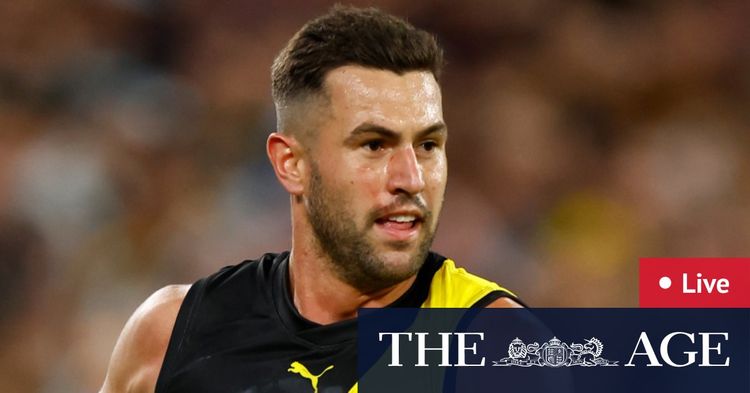You asked, we deliver. Here is a rundown of the AFL’s free agency compensation system.
Compensation
When clubs lose a free agent to a decent contract offer from another club they are compensated by the AFL with a draft pick. This doesn’t always happen – for instance if a club brings in a free agent of similar value in the same year it loses a free agent, the net effect balances out – so no compensation is awarded. If, like St Kilda or GWS, a club loses a free agent (e.g. Josh Battle or Harry Perryman) and do not bring one in, it will be compensated with a draft pick. In the cases of Battle and Perryman, both the Saints and Giants received a pick after their first-round draft picks.
How can the compensation pick be so high for some players?
The short answer is the size of the contract they are getting is higher than the club has been letting on. It makes for a disconnect when players that would not be considered in the top handful at the club they are leaving draw a top 10 draft pick as compensation. The key reason for this is the draft system – compensation is tied to a club’s draft position. If Battle had moved to Brisbane, the Saints’ compensation would only have been pick 19. But St Kilda finished low on the ladder and the compensation was tied to that. This isn’t St Kilda’s fault. Though as Geelong football manager Andrew Mackie hinted, the criticisms by St Kilda president Andrew Bassat of the AFL’s father-son and academy bidding system and the overall AFL draft system were serendipitously timed.
Who decides what the compensation is?
The AFL’s football department uses a formula that generates a point rating for players. The league deliberately keeps that relatively secret to try to avoid abuse or manipulation of the rules by clubs.
What do we know about the formula?
The league considers the size of a player’s contract at his new club – which is the average annual earnings for the player over the life of the contract, not just the size of the contract in any one year – and the age of the player. The AFL changed the rules this year – the formula no longer considers the life of contracts beyond five years, nor short-term ones of less than two years. So effectively, giving a player a longer-term contract beyond five years will not affect compensation. Nor will trying to offer a very high one- or two-year deal to draw a favourable compensation pick. Restricted free agents – where the original club has the right to match a player’s contract offer and therefore force their rivals to trade for the player instead of getting them as a free agent – are most vulnerable to exploitation by clubs. That is, a club can try to ensure the contract they offer a restricted free agent is big enough that it draws a good draft pick as compensation – and dissuades the original club from matching the contract.
The AFL then has five bands in which it allocates draft picks as compensation:
• First round
• End of first round
• Second round
• End of second round
• Third round
With the rise in the salary cap under the latest collective bargaining agreement, the amount needed to pay a player to generate a first-round compensation pick also rose. It is now clear that Battle and Perryman were given contracts that averaged close to or above $900,000 a year, because they drew band one compensation and a pick in the first round.
“Traditionally, the two determinants for free agency compensation have been guaranteed average earnings and age. They’ll continue. What we’re introducing is the term of the contract moving forward,” AFL head of football performance Ned Guy told the AFL website in August after the AFL Commission passed changes to the contract term in free agency compensation.
Is it fair that other clubs fall back in the draft because another club loses a player?
No. But that is the system. If you abandon compensation altogether for losing a free agent then you might as well abandon restricted free agents altogether as every club would match a free agency bid and force a trade. Besides, clubs wouldn’t agree to losing players for no compensation, even if they hate it when their draft pick gets pushed back because someone else is compensated.






























































